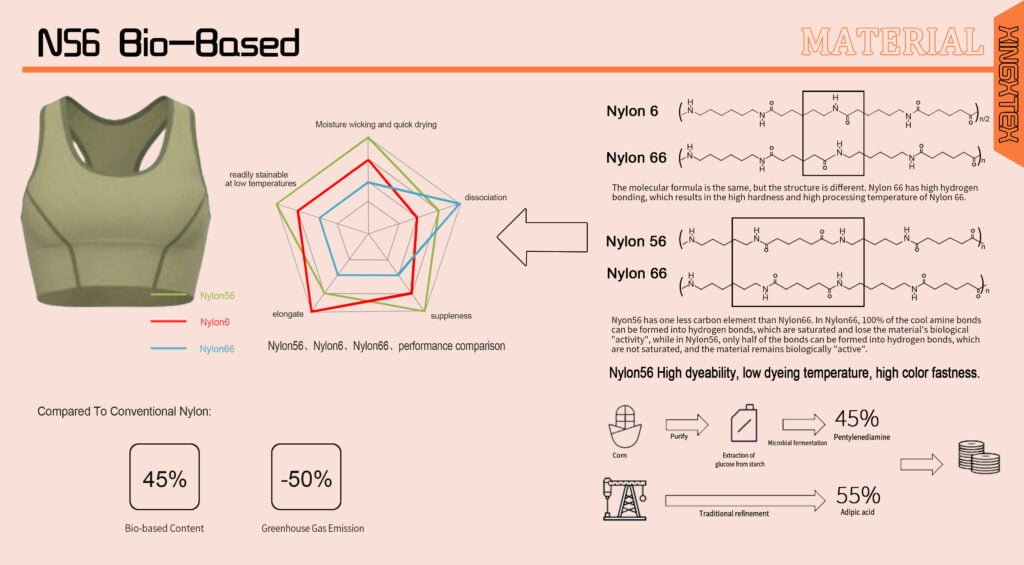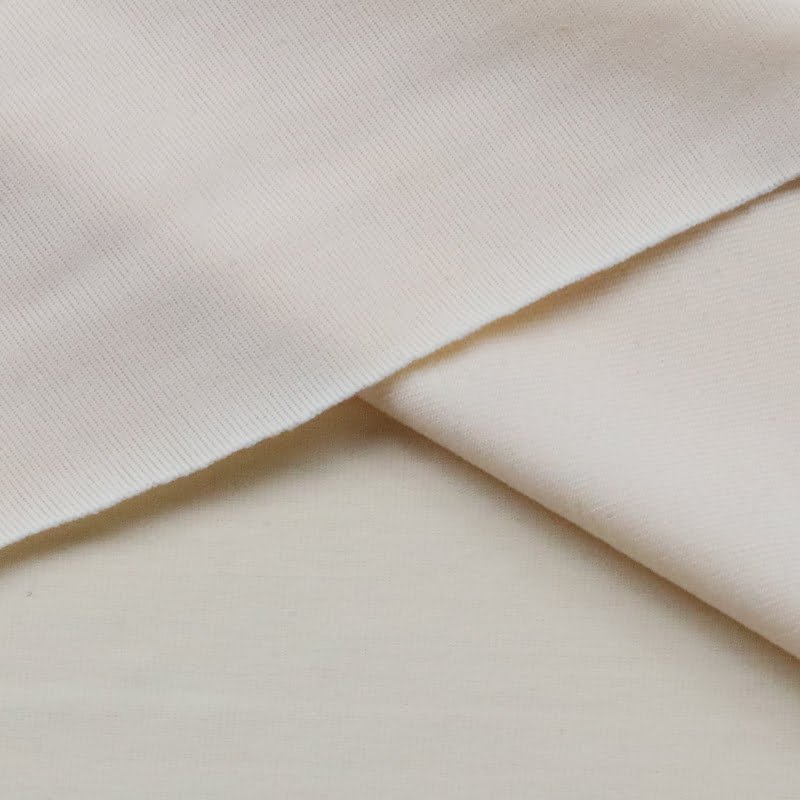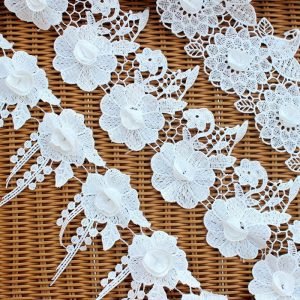Biobased fabrics are transforming the textile industry with their eco-friendly properties. Unlike traditional materials derived from petrochemicals, biobased fabrics are made from renewable resources such as plants, algae, or even fungi. This shift is crucial as it addresses the environmental impact of conventional textiles, which often involve high carbon emissions and non-biodegradable waste.

Materials like organic cotton, hemp, and bamboo are prominent examples of biobased fabrics. They offer not only reduced ecological footprints but also enhanced biodegradability. Additionally, innovations such as bioengineered spider silk and algae-based textiles are pushing the boundaries of what’s possible in sustainable fashion.


The benefits extend beyond environmental impact; biobased fabrics often provide superior comfort and functionality. For instance, bamboo fabric is known for its breathability and natural antibacterial properties.


As the demand for sustainable products grows, biobased fabrics represent a promising solution. They pave the way for a greener future in fashion, encouraging both consumers and manufacturers to embrace more environmentally responsible practices.

